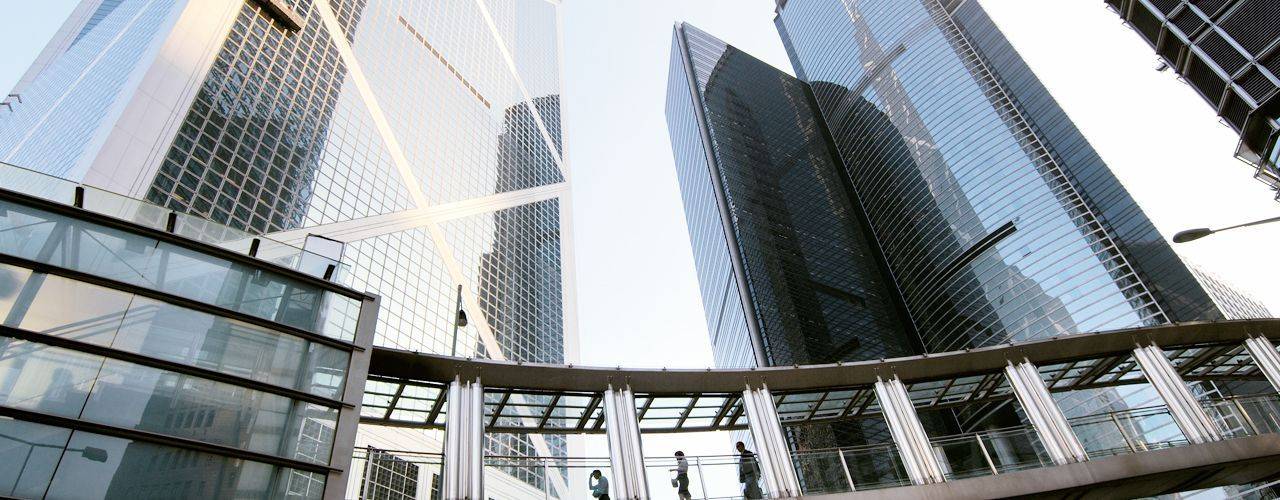Insights
HK High Court refuses leave to appeal against interim measures
Jul 02, 2024Summary
In W v Contractor [2024] HKCFI 1452, the Hong Kong High Court dismissed an application for leave to appeal against the interim measures granted by an arbitrator to restrain an employer from calling on a bond in relation to a construction contract.
The key issue was whether the arbitrator’s ruling was an “award” (for which leave to appeal on questions of law can be sought under Schedule 2 to the Arbitration Ordinance) or not an award (for which leave to appeal cannot be sought).
In gist, the court was of the view that, although the arbitrator had expressed his ruling and decision to be an “award”, in substance it was an interlocutory decision and therefore was not an “award” for which leave to appeal can be sought.
This decision is consistent with the court’s decision in G v N [2024] HKCFI 721 (handed down on 11 March 2024), in which the court found that the arbitrator’s interim order was not an “award” which could be set aside under section 81 of the Arbitration Ordinance. See our summary of G v N [2024] HKCFI 721 (handed down on 11 March 2024).
Background
Disputes arose between an employer and main contractor regarding amounts due for work done under a construction contract and issues of whether there had been breaches of the contract.
After an arbitration was commenced, the employer made a first demand for payment under the bond, which was rejected by the bank. When the employer made a second demand on the bond, the arbitrator granted an injunction, which had been sought as an interim measure, in favour of the main contractor to order the employer to withdraw the second demand and that the employer be restrained from making any further application, demand or call on the bank for payment.
The injunction was expressed by the arbitrator as an “Award and Reasons In Respect of Applications For Interim Measures” (“Interim Award”).
The employer then applied to the court for leave to appeal against the injunction on questions of law, pursuant to section 6 of Schedule 2 to the Arbitration Ordinance (“Schedule”).
Award?
Before a court can grant leave to a party to appeal on a question of law under section 6 of the Schedule, there must be an “award” pursuant to section 5 of the Schedule[1].
In deciding that the arbitrator’s ruling and decision in this case was not an “award” under section 5 of the Schedule, the court made the following key points:
- The arbitrator’s own description of the decision and the arbitrator’s own view of the nature and effect of the decision could be relevant, but were not final or conclusive. The court was more concerned with the “substance of the order and the matters dealt with”.
- The fact that an arbitrator may order interim measures “in the form of an award or in another form” under Article 17(2) of the Model Law did not dispense with the need to consider whether in substance the order constituted an “award”.
- The nature of the issues dealt with by the arbitrator, and the background and context of the proceedings, were important.
- The arbitrator had made it clear that he was not determining any dispute as to the validity of the demand on the bond, and that he only was requested to maintain or restore the status quo until the determination of the disputes in the arbitration.
- Objectively, the arbitrator’s “Interim Award”, which was granted pending the determination of the substantive issues in the arbitration, can be varied and was subject to other orders which can be made by the arbitrator. The Interim Award was not final in relation to the matters considered and decided, and therefore did not constitute a final “award”.
- While the word “award” is not defined under the Arbitration Ordinance, in principle, an award is a “final determination” of the claim or of a particular issue in the arbitration.
- The court’s findings, in the court’s view, were consistent with the object of the Arbitration Ordinance as set out in section 3, which is to facilitate the fair and speedy resolution of disputes by arbitration without unnecessary expense. Arbitrations would inevitably be delayed if parties were able to challenge interim orders made in the course of the arbitral process. The court therefore was of the view that there was good reason to restrict challenges to the tribunal’s grant or refusal of interim measures.
Takeaway points
This case confirmed the distinction between “awards” and “interim measures” under the Arbitration Ordinance. The label given by an arbitrator of his/her decision is not conclusive – the court is more concerned about the substance of the decision.
In limiting a party’s ability to delay an arbitral process by challenging interim measures granted by an arbitrator, and in limiting the types of decision that a party can seek leave to appeal on a question of law[2](limiting them to awards but not interim measures), the court’s decision in this case reinforces Hong Kong’s position as a pro-arbitration jurisdiction, and the Hong Kong court’s commitment to the “hands-off” approach.
[1] Section 5(1) of the Schedule provides that “Subject to section 6 of this Schedule, a party to arbitral proceedings may appeal to the Court on a question of law arising out of an award made in the arbitral proceedings.” (Emphasis added)
[2] Leave to appeal on a question of law is available in Hong Kong only if as in the arbitration in this case, the parties have opted into the challenge procedure in Schedule 2 to the Arbitration Ordinance.
Related Capabilities
-
Litigation & Dispute Resolution
-
Business & Commercial Disputes
-
International Arbitration



